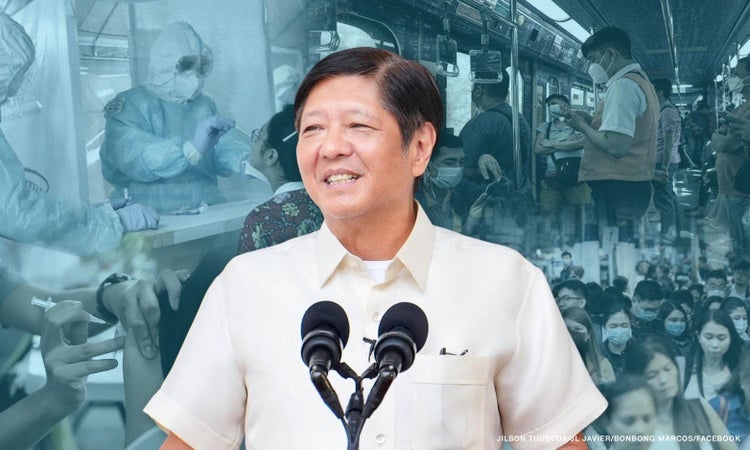
Photo Courtesy of JCR
In the aftermath of the lifting of the COVID-19 Public Health Emergency in the Philippines, the Department of Health Western Visayas Center for Health Development (DOH WV CHD) recently convened a significant meeting. The purpose of the meeting was to disseminate and discuss the implementation of updated health protocols, as outlined in the DOH Department Circular No. 2023-0324, to be followed nationwide.
According to the new protocol, the mandatory use of facemasks has been lifted, including on public transport and within health facilities. However, the decision to enforce facemask-wearing now lies with individual Infection Prevention and Control Committees (IPCC) at various health facilities, giving them the authority to decide whether facemasks should still be mandatory within their premises.
Dr. Jane Juanico-Esteva, the DOH 6 Regional Epidemiology and Surveillance Unit (RESU) chief, recommended that certain vulnerable groups should continue wearing facemasks for added protection. These groups include the elderly, immunocompromised individuals, pregnant women, unvaccinated individuals, and those experiencing COVID-19 symptoms.
In line with promoting public health and safety, the DOH 6 strongly urged all individuals who have not yet received the COVID-19 vaccine to promptly get vaccinated.
Notably, asymptomatic close contacts who have been exposed to someone who tested positive for COVID-19 are no longer required to undergo quarantine. However, the health agency advised these individuals to wear well-fitted masks for a period of ten days as a preventive measure.
For individuals who test positive for COVID-19 but remain asymptomatic or experience mild symptoms, the DOH 6 recommends a five-day isolation period or until the fever subsides. Additionally, they are instructed to wear well-fitted masks for ten days. Those with moderate to severe symptoms should isolate for ten days and wear masks throughout the same duration.
It is essential to recall that President Ferdinand Marcos, Jr. lifted the state of public health emergency in the country on July 21 through Proclamation No. 297. This move signifies a step towards restoring normalcy after facing the challenges posed by the COVID-19 pandemic.
As the nation adapts to this transition, it remains paramount for every individual to uphold a sense of responsibility and comply with prevailing health protocols, including vaccination, to safeguard themselves and their communities against COVID-19.


